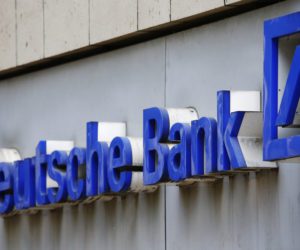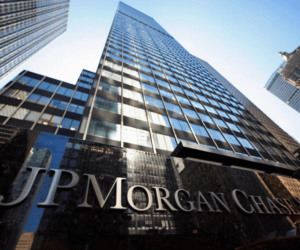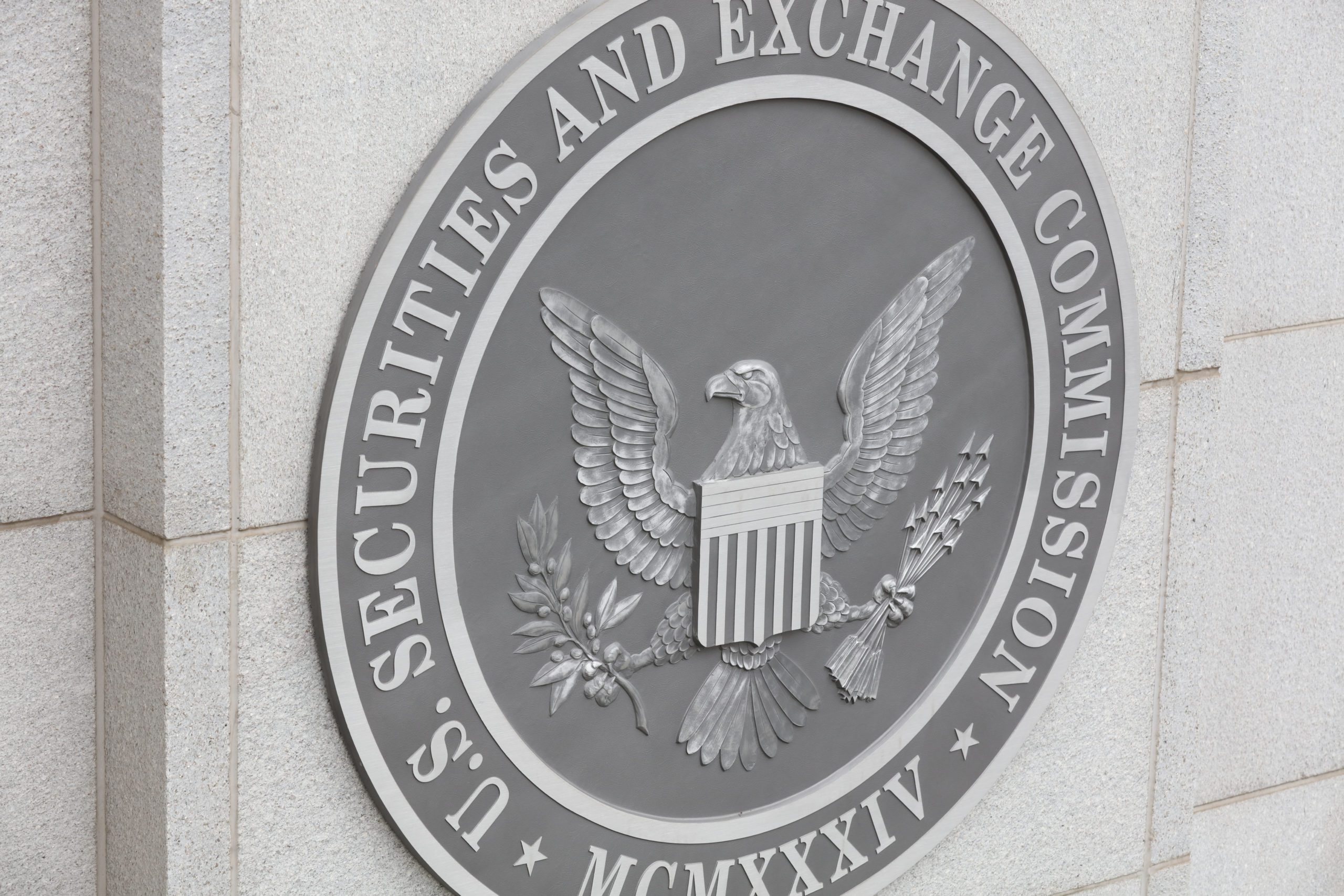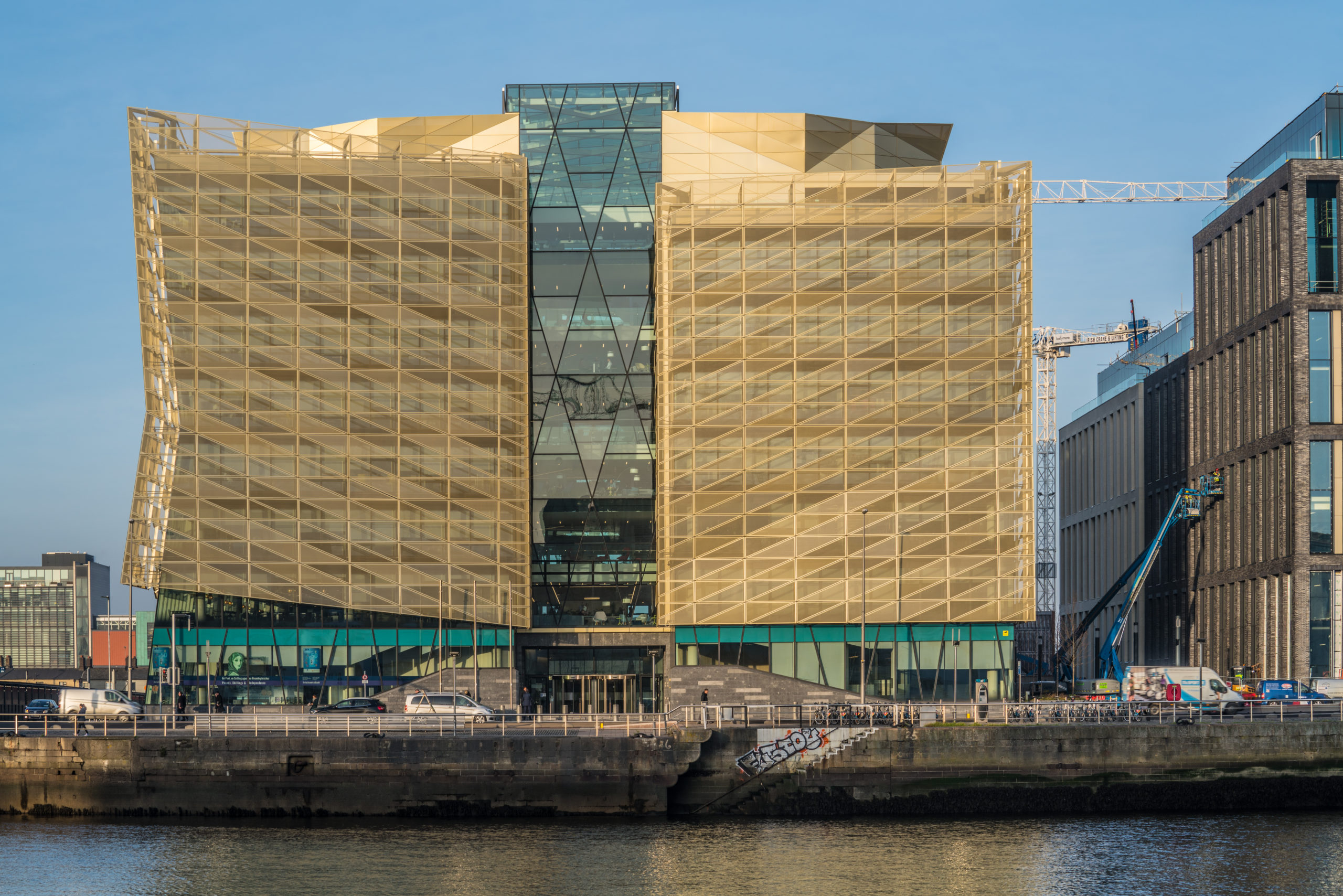By Dan Byrne
Malta’s lack of “enforcement and supervision” has been noted in why its financial transparency reputation is slipping further.
The OECD’s Global Forum on Transparency and Exchange of Information for Tax Purposes assesses the performance of individual countries in these areas. It recently downgraded Malta from ‘largely compliant’ to ‘partially compliant.’
According to The Times of Malta, this equates to the lowest standards across the entire EU and puts the country on par with others like Botswana, Kazakhstan and Liberia.
The Global Forum’s peer review shows that Malta’s shortfalls in supervision and enforcement are concerned with making relevant data available.
Information on banking processes, accounts and the identity of business owners is only partially accessible, the report concluded, and is often delayed in delivery to the relevant authorities.
The previous peer review published in 2013 – when Malta received the rating of ‘largely compliant’ – recommended that Malta ensure its supervisory and enforcement powers in these areas were used properly.
Last week’s peer review stated that “Malta has not taken sufficient measures to appropriately and fully address these recommendations.”
A MONEYVAL evaluation highlighted that this lapse in supervision extends to the country’s anti-money-laundering laws.
In Malta, most of these AML supervision responsibilities fall to the Financial Intelligence Analysis Unit (FIAU) watchdog body.
The peer review states that this body has achieved a “low level of effectiveness” in this area, aggravated by a deficiency in beneficial ownership information transparency.
Among other criticisms is the fact that vast amounts of inactive companies exist in Malta, and that this contributes to delays in reporting financial information to monitoring partners.
The downgrade of Malta’s rating comes as part of a wider eroding of its reputation in the financial services sector, which took shape in the mid-1990s.
It brought significant wealth to the country’s economy but has been plagued by scandals involving banks and government officials which financial watchdogs have, up till now, struggled to cope with.
Share this on:
Follow us on:








